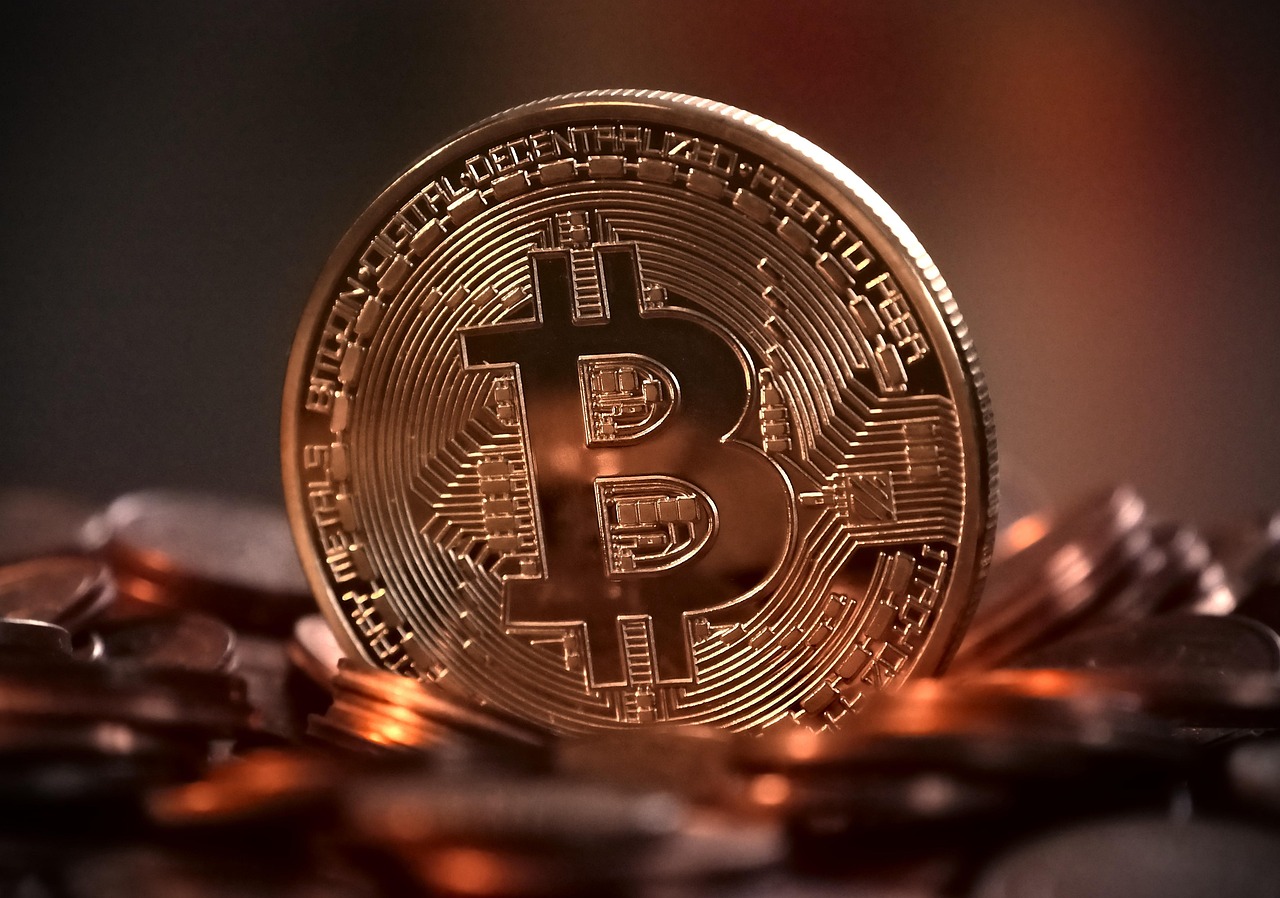The transition towards a cashless society is often hailed as a symbol of progress and efficiency, a seamless integration of technology into our daily lives. Advocates champion the benefits of faster transactions, increased security, and the convenience of digital payments. The narrative of a cashless future promises a world where financial interactions are streamlined and accessible to all.

However, beneath the veneer of convenience lies a deeper, more intricate web of control and surveillance. The growing trend towards cashless transactions, driven by the emergence of cryptocurrencies and blockchain technology, is not merely about modernizing financial systems. It represents a fundamental shift in power dynamics, where every transaction becomes a data point in a vast network of surveillance and control.
The rise of cryptocurrencies like Bitcoin is not just a technological innovation; it is a key tool in the arsenal of the elite seeking to usher in a new world order of total control. By eliminating intermediaries and centralizing financial power, these digital currencies pave the way for unprecedented levels of surveillance and manipulation. The push towards a cashless society is not about convenience; it is about power and control in the hands of a select few.
The implications of this shift are profound. As cash becomes obsolete and digital transactions reign supreme, every aspect of our financial lives is subject to scrutiny and manipulation. The very essence of privacy and autonomy is at stake, as our every purchase, donation, and investment can be tracked, analyzed, and controlled. Those most affected by this insidious system are the marginalized, the unbanked, and those who value their freedom and privacy above all else.
The intent behind this orchestrated transition to a cashless society is clear: to consolidate power and control in the hands of a few at the expense of the many. The means are deception and manipulation, cloaked in the guise of progress and efficiency. The opportunity arises from a global crisis, be it a pandemic or economic instability, which creates the perfect conditions for the implementation of radical changes under the guise of necessity.
Looking ahead, the path to a cashless society is not inevitable. It is a choice, a crossroads where we must decide between convenience and freedom, between efficiency and autonomy. The future trajectory of humanity hinges on this decision, as we navigate the treacherous waters of technological advancement and societal control. The stakes are high, but the choice is ours to make: to resist the chains of digital tyranny or succumb to the allure of convenience at the cost of our very humanity.

